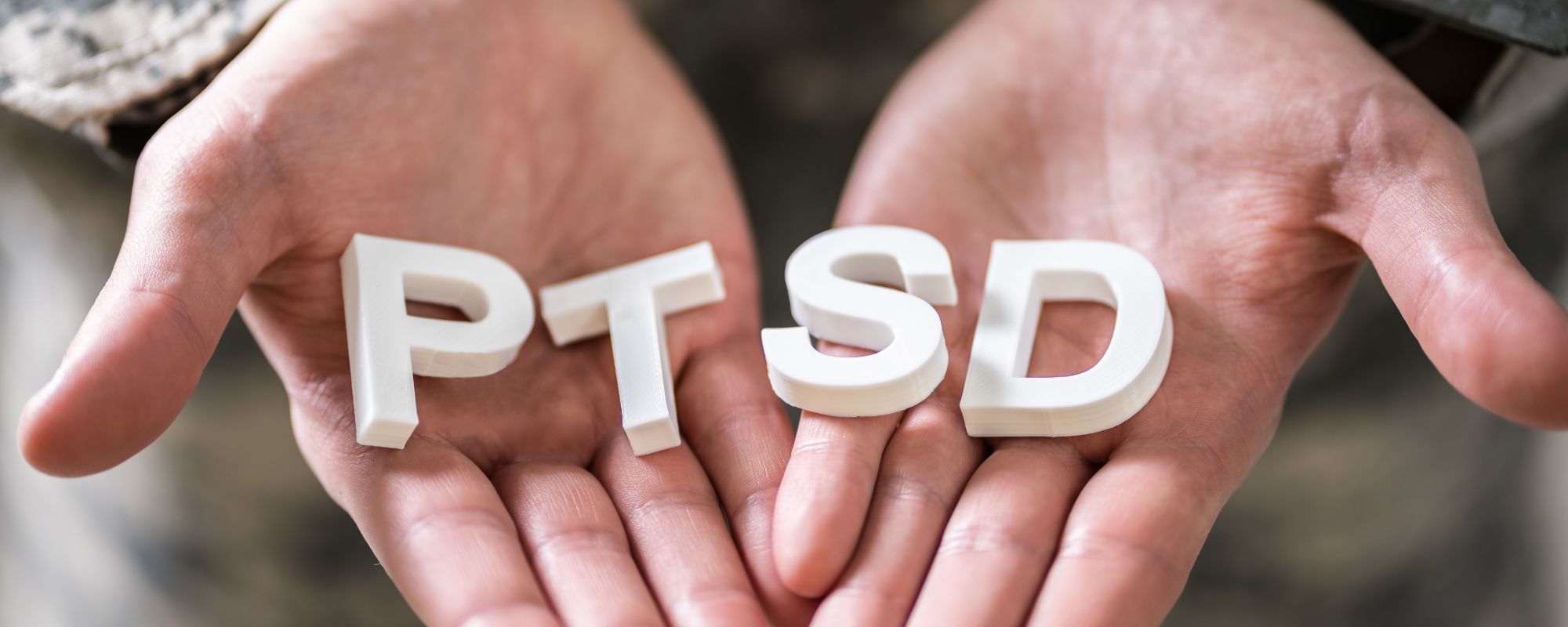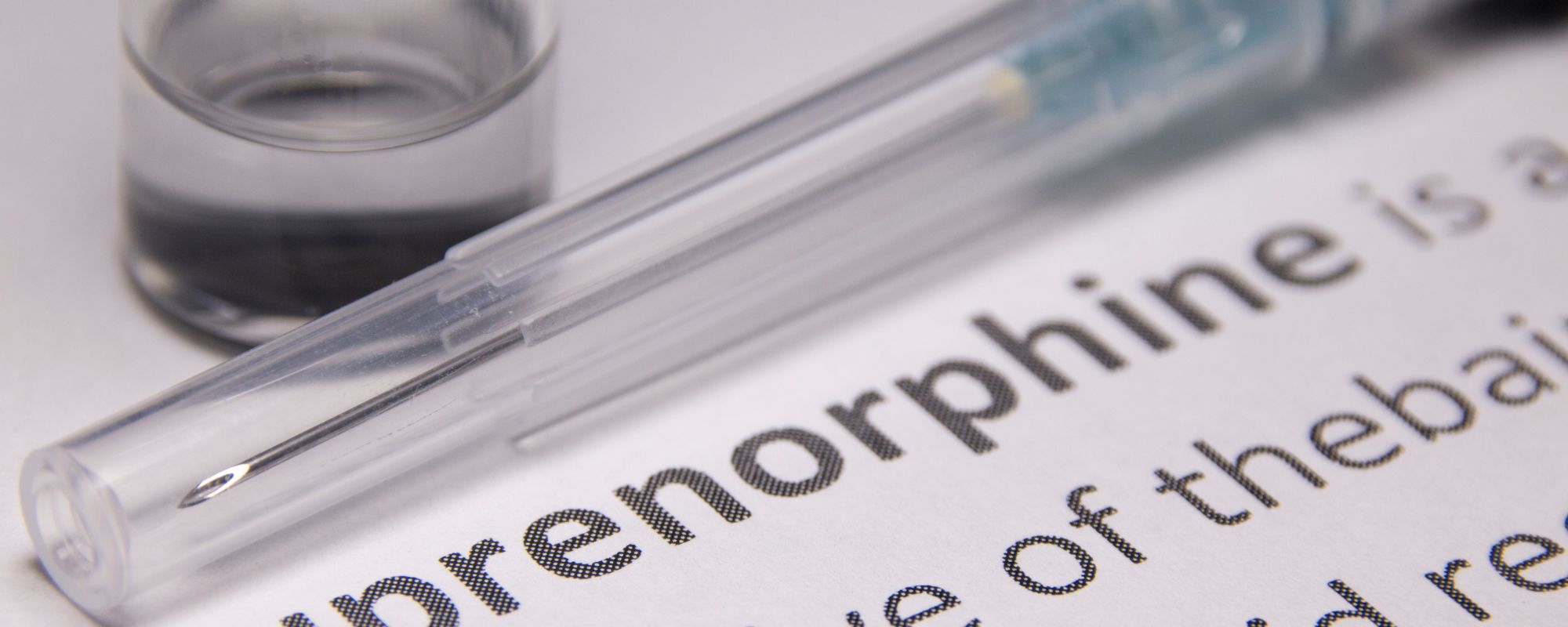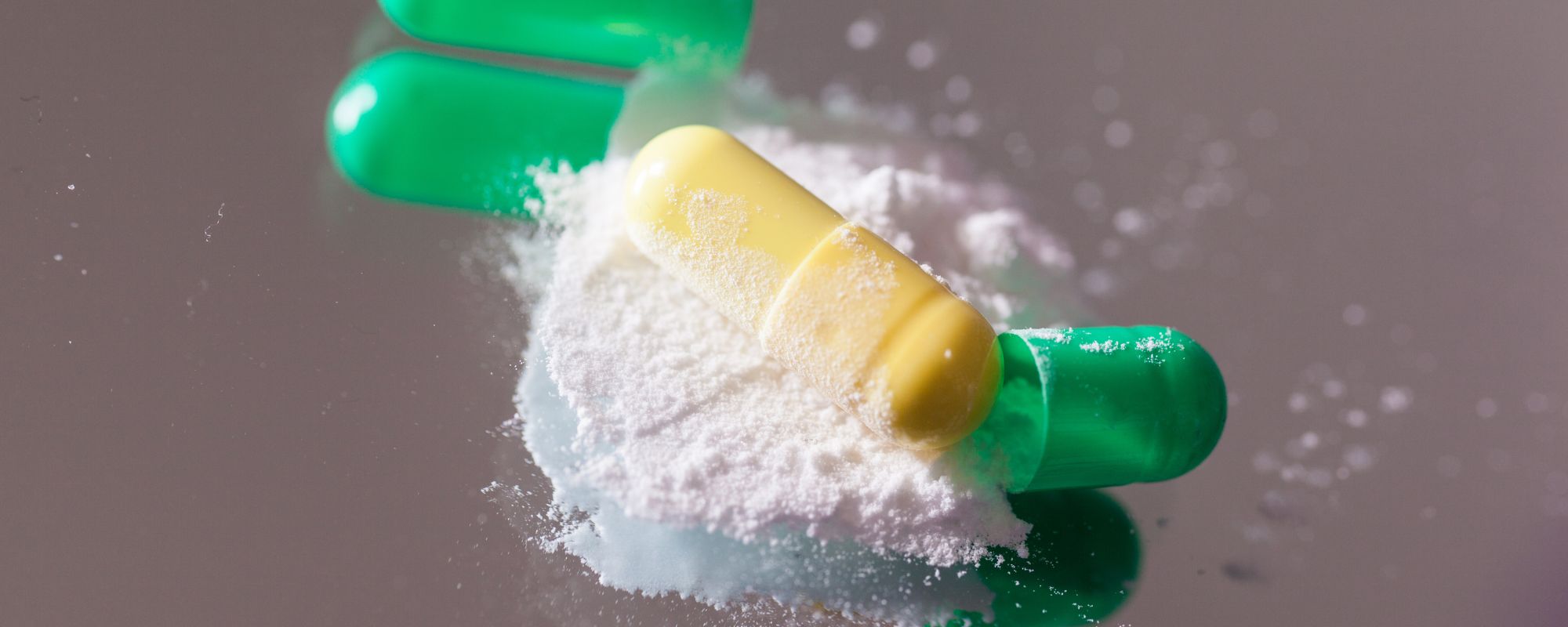Post-traumatic stress disorder (PTSD) and substance abuse are often linked together in people who have experienced trauma. This largely includes the veteran and first responder population. Veterans undergo life-threatening danger and have to operate with heightened precaution at work. In many cases, veterans return home having experienced intense fear, loss, and even injuries. A large many veterans return with mental and emotional wounds, even if their bodies are healthy. Thus, it is common for service workers to turn to substances to escape their memories. At Aliya, we provide help for veterans with drug addiction, alcohol addiction, and trauma disorders. Let’s further unpack the link between PTSD and substance abuse.
Understanding Post-Traumatic Stress Disorder (PTSD)
Post-traumatic stress disorder (PTSD) is a mental health disability that affects all aspects of one’s well-being. It’s important to note that individuals can develop PTSD after experiencing a life-threatening trauma, such as war or violent assault. This mental and behavioral disorder affects brain signaling, which is responsible for alertness, survival, memory, and emotions. In fact, PTSD can create long-term brain modifications if it isn’t treated. Veterans and first responders may have PTSD short-term or long-term, ranging in severity from mild to intense.
How Does PTSD Affect Daily Life?
PTSD inhibits one’s mental, physical, spiritual, and social health because of the symptoms of lingering trauma that resurface daily. PTSD can cause intense and unpredictable flashbacks and triggers that disrupt normal life. Notably, it can be challenging for veterans to admit their symptoms because they don’t want to signal weakness after working such a high-pressure job. Many veterans and first responders tend to isolate themselves from friends and loved ones. They can feel a sense of “otherness” because their memories, experiences, and struggles don’t fit into the mold of civilian life. Often, they won’t attempt to open up about their experiences because they don’t want to traumatize others. They may also believe they’ll be misunderstood. Thus, it’s important that veterans remember there is a community out there that relates to what they’re going through.
Why Do So Many Veterans Develop PTSD?
A large number of veterans and first responders develop PTSD. An estimated one in three people who face extreme trauma will have post-traumatic stress disorder, whether short-term or long-term. Statistically, 7 out of 100 veterans will develop PTSD at some point. Further, repeated exposure to trauma significantly increases one’s risk of developing the disorder. Service members may encounter traumatic situations daily for the whole time they serve. Understandably, veterans suffer from mental health issues more than the general public due to their dangerous line of work. Those who serve in combat roles have a greater risk of PTSD. Research shows between 10 and 18 percent may be diagnosed.
What Are the Signs and Symptoms of PTSD?
Some of the typical signs and symptoms of post-traumatic stress disorder are:
· Flashbacks
· Intrusive thoughts
· Recurring memories
· Feelings of detachment
· Isolation
· Feeling tense or on edge
· Trouble sleeping
· Avoidance of triggers (including places, people, or events)
· Reckless behavior
· Feelings of guilt
· Depression symptoms like hopelessness, loss of interest, or fatigue
Get confidential help from our addiction and mental health treatment facilities located across the United States. Call to join one of our quality programs today!
Speak With Our Admissions TeamWhy Do Veterans Struggle with PTSD and Addiction?
PTSD in veterans is a major concern on its own but is often accompanied by substance abuse. Unfortunately, a strong connection exists between veterans and addiction. One link is the desire to self-medicate their PTSD symptoms with drugs or alcohol. Substances alter the brain to modify one’s behavior, mood, and mental cognition. Thus, substances can temporarily numb memories and allow a person to feel detached from their situation.
The relationship between PTSD and substance abuse in veterans is much higher than the national average. Even without a PTSD diagnosis, those who face trauma are more likely to overuse substances. Men with PTSD are 2 times more likely to have substance problems, and women are 2.5 times more likely. Additionally, 60-80 percent of Vietnam veterans with PTSD have substance use issues.
What Are Co-Occurring Disorders?
Co-occurring disorders are ones that exist at the same time in an individual. For instance, PTSD and substance use disorders (SUD), including alcohol use disorder (AUD), are common examples. Through dual-diagnosis treatment, veterans can find healing for their PTSD and addiction at the same time rather than entering two different programs.
Some may hesitate to get help for drugs and alcohol because of worries about things like withdrawal symptoms. Effective treatment methods like medication-assisted treatment can help make the alcohol and drug addiction treatment process easier.
Looking for quality treatment for substance abuse and mental health that’s also affordable? Aliya Health Group's treatment facilities accept most major insurance providers. Get a free insurance benefits check now!
Check Your CoverageTreatment for PTSD and Addiction
At Aliya Health Group, we provide a Valor Program for veterans and first responders. This is a specialized treatment track that offers trauma-focused healing for those who battle PTSD, addiction, or co-occurring disorders. Through a combination of traditional and holistic therapy, clients unpack the roots of their illnesses and work through their negative emotions in a safe environment. All of our addiction treatment for veterans is trauma-based and is specifically designed to help people with PTSD.
Psychotherapy for PTSD and Substance Abuse
Psychotherapy, or traditional talk therapy, allows individuals to safely return to their traumatic memories to find relief from their sting. Clients in our rehabilitation program will engage in one-on-one and group counseling sessions to see they aren’t alone in their struggles. Psychotherapy for trauma healing fosters a sense of trust in others, as well as self-awareness.
EMDR for PTSD
Eye movement desensitization and reprocessing (EMDR) is an evidence-based therapy for the healing of traumatic experiences. EMDR is a top treatment for PTSD and is effective for veterans and service workers.
Holistic Treatment for PTSD and Substance Abuse
Holistic treatments are also important for improving the overall wellness of veterans after service. Plus, it has healing benefits for PTSD and substance addiction. Holistic activities like equine-assisted therapy, meditation, tai chi, and nature therapy help repair one’s body, mind, and spirit. We help clients get connected with holistic therapies they enjoy and can continue after treatment.
The Importance of Treating Both Mental Health and Addiction
We provide healing for PTSD and substance abuse in veterans through our Valor Program. This rehabilitation treatment track is designed for veterans and first responders to offer tailored rehab. Rest assured, you can receive therapeutic recovery for both of your issues at the same time. Dual-diagnosis treatment for PTSD and addiction addresses the wounds linking both disorders to provide whole-body wellness. We understand that healing is a journey, but we’ll help you achieve personal recovery for your mind, body, and spirit.
Everyone who experiences trauma is at risk of developing PTSD. Please reach out to us about our veteran addiction treatment centers across the United States. You deserve to live a peaceful, sober life as a veteran, so let us help you heal from drugs and alcohol. You don’t have to let substance use disorders or traumatic experiences control your life. End alcohol and drug addiction today with help from our center.
















